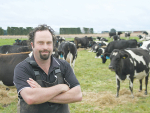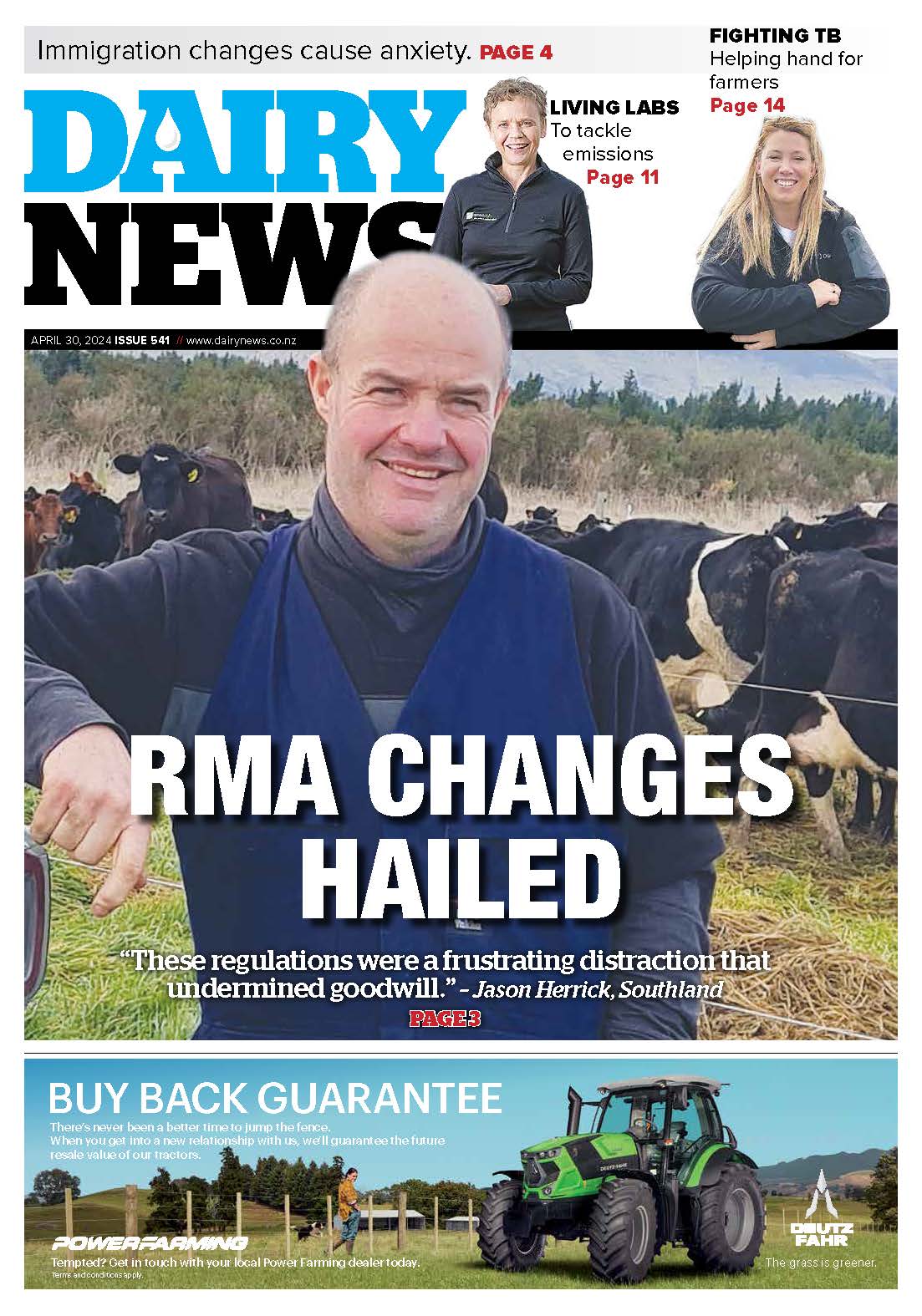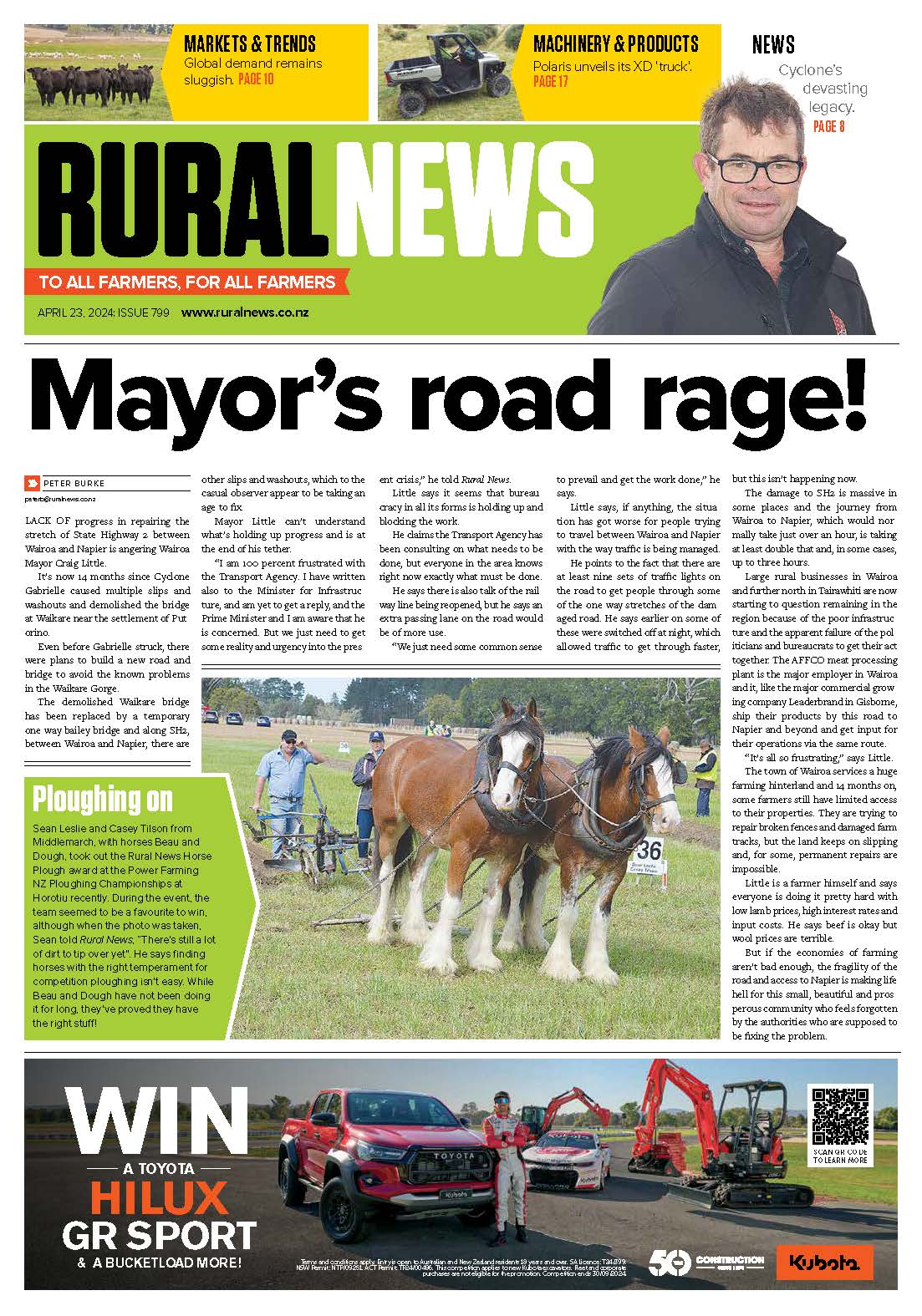Farmers are urging the Government to simplify freshwater farm plans and make the whole process simpler and more affordable for them.
Federated Farmers wrote to the Government this week, calling for “urgent and significant changes”.
Freshwater farm plans, legislated under the Resource Management Act 1991 (RMA) and the Resource Management (Freshwater Farm Plans) Regulations 2023 regulations farmers to do an on-farm freshwater risk assessment and identify actions to either manage or mitigate those risks.
Freshwater farm plans will need to be certified and audited. The results of certification and auditing will be reported to the respective regional council.
Federated Farmers national vice president Colin Hurst says that with the right settings farm plans present a huge opportunity to improve environmental outcomes, reduce duplication and remove the need for farmers to obtain expensive and time-consuming consents.
Unfortunately, the current framework is ‘a complete dog”, he says.
“It’s put in place an impractical and inefficient system where it’s incredibly expensive to write, certify and audit the plans.
“To make matters worse the rules go too far and capture all properties over 20ha, and existing industry or council farm plans are not recognised.
“There is a frustrating level of duplication with most farmers still required to get a resource consent in addition to their farm plan.”
Federated Farmers wants the Government to put in place a practical, pragmatic and effective system that will improve environmental outcomes while reducing the regulatory burden and unnecessary cost.
Hurst says they don’t want to see another expensive ‘box ticking’ exercise that ties farmers up with endless and arbitrary paperwork for very little environmental gain.
“What we’ve asked for is a tiered system that takes a risk-based approach, where the level of plan you need to put in place is determined by your specific catchment and farming activity.
“These plans should be a replacement for, not in addition to, expensive resource consents for things like winter grazing and stock exclusion.
“They should also replace the need for some of the impractical one-size-fits-all regulations applied nationally and allow farmers and catchments to tailor their environmental improvement actions to match local needs.”



















